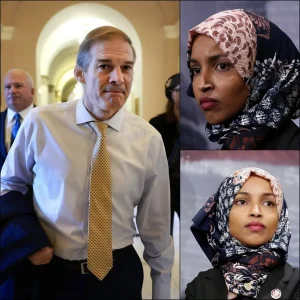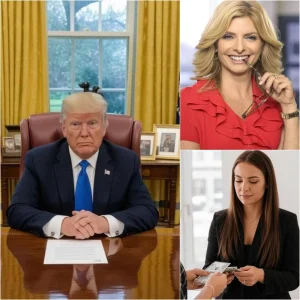What If President Trump Became the Next Pope?
The notion of Donald Trump, the polarizing former U.S. President, becoming the next Pope is a fantastical scenario that blends politics, religion, and global culture into an unprecedented thought experiment. While the idea is highly improbable—given the Catholic Church’s strict requirements for papal eligibility—it offers a lens to explore how Trump’s leadership style, persona, and policies might intersect with the spiritual and administrative demands of the papacy.

To begin, the papacy is rooted in centuries-old traditions. Popes are typically ordained priests, bishops, or cardinals, chosen from within the Catholic Church’s hierarchy. Trump, a Presbyterian with no formal theological training, would face insurmountable barriers under current canon law. However, let’s suspend reality and imagine a world where the College of Cardinals, perhaps swayed by a global populist wave, selects him as the successor to St. Peter. What would such a papacy look like?
First, Trump’s communication style would likely reshape the Vatican’s public image. Known for his direct, often provocative rhetoric, Trump would depart from the measured, diplomatic tone of recent popes. Papal encyclicals, traditionally dense theological documents, might transform into tweet-like pronouncements or media-friendly soundbites. His flair for branding could see the Vatican launching a “Make Catholicism Great Again” campaign, complete with merchandise and high-profile events. While this might energize some followers, it could alienate traditionalists who value the Church’s solemnity.

On matters of doctrine, Trump’s approach would be unpredictable. His political career emphasized pragmatism over ideological purity, often adapting positions to suit his audience. As Pope, he might prioritize issues resonating with his base, such as reinforcing traditional family values or critiquing secularism. However, his lack of deep theological grounding could lead to tensions with the Curia, the Vatican’s administrative body, which guards doctrinal consistency. Would he challenge progressive reforms, like those of Pope Francis on climate change or inclusivity, or embrace them to broaden his appeal? The answer is unclear, but his decisions would likely reflect a desire for maximum impact.

Administratively, Trump’s business background could bring a corporate mindset to the Vatican. He might streamline operations, cut perceived bureaucratic waste, or even propose monetizing Vatican assets—like turning St. Peter’s Square into a venue






